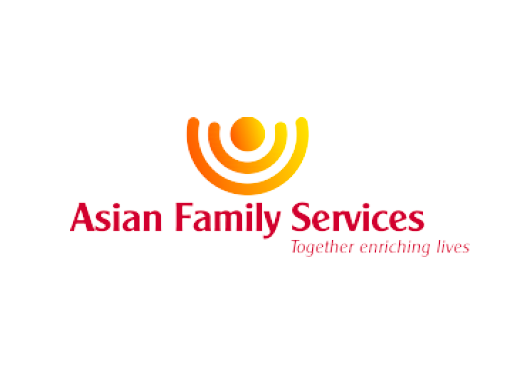Newly released study! Supporting Equitable Perinatal Mental Health Outcomes for Asian Women | Asian Family Services
This research was commissioned by the Northern Region District Health Boards to provide understandings of the factors driving Asian women’s low access rates into maternal mental health services and to identify actions to improve access and maternal mental health outcomes for Asian women during the perinatal period (from pregnancy to the first year after childbirth). The publication authors include Elsie Ho, Kelly Feng and Ingrid Wang.
The study:
- identified a range of challenges encountered by Asian women and families during the perinatal period
- explored Asian women’s experiences of help-seeking for their mental health concerns during the perinatal period
- identified multiple barriers to access mental health services and support which include systemic barriers preventing Asian women from receiving mental health services across primary, secondary and tertiary levels.
Recommendations from the study include:
1. Actions to enhance health literacy and promote early help-seeking.
- Promote perinatal mental health of Asian women through incorporating a focus on perinatal mental health within existing antenatal and parenting classes, and supporting Asian women to join mothers’ groups to develop social networks and reduce isolation.
- Promote mental health and wellbeing of fathers and other members of the extended family through delivering fathers’ programmes to promote positive parenting for men and providing parenting education for grandparents. The programmes will also help to raise awareness about perinatal mental health and promote the mental health and wellbeing of families.
- Develop culturally appropriate resources to de-stigmatise mental illness and promote early help-seeking.
2. Actions to improve early identification and intervention at primary care level.
- Upskill GPs, midwives and Plunket nurses to identify warning signs and possible risk factors for perinatal emotional issues, equip them with skills to support Asian women and their families, and provide early intervention or make referrals if necessary.
3. Actions to strengthen referral pathways to maternal mental health services.
- Improve primary-secondary care interface through improving the quality of referrals from primary care and referral management at secondary level.
4. Actions to foster growth of ethnic-specific counselling and support services.
- Improve Asian families’ access to services through providing culturally responsive, holistic care by practitioners who share the same cultural and language backgrounds. Areas of service include: empowering Asian women and families to manage their stress and mental health difficulties, providing cultural, psychological, social and practical support, assistance with navigating systems, and provision of education, information and resources.
- Improve timely access to professional interpreters.
- Promote better inter-agency referrals and communication.
5. Workforce development.
- Provide CALD cultural competency training and resources in health and social service sectors to improve understanding of cultural differences in the way different Asian groups may present with mental distress, their help-seeking patterns and cultural methods of supporting women’s wellbeing during pregnancy and postnatally.
- Peer review groups for clinicians for continuing professional development.
6. Future research.
- Potential areas of future research include: the experiences of fathers and families affected by perinatal mental ill health, and the services and support they need; interventions to improve the quality of referrals from primary care to specialist mental health services; and the effectiveness of using screening tools to detect depression among pregnant and postpartum women.
